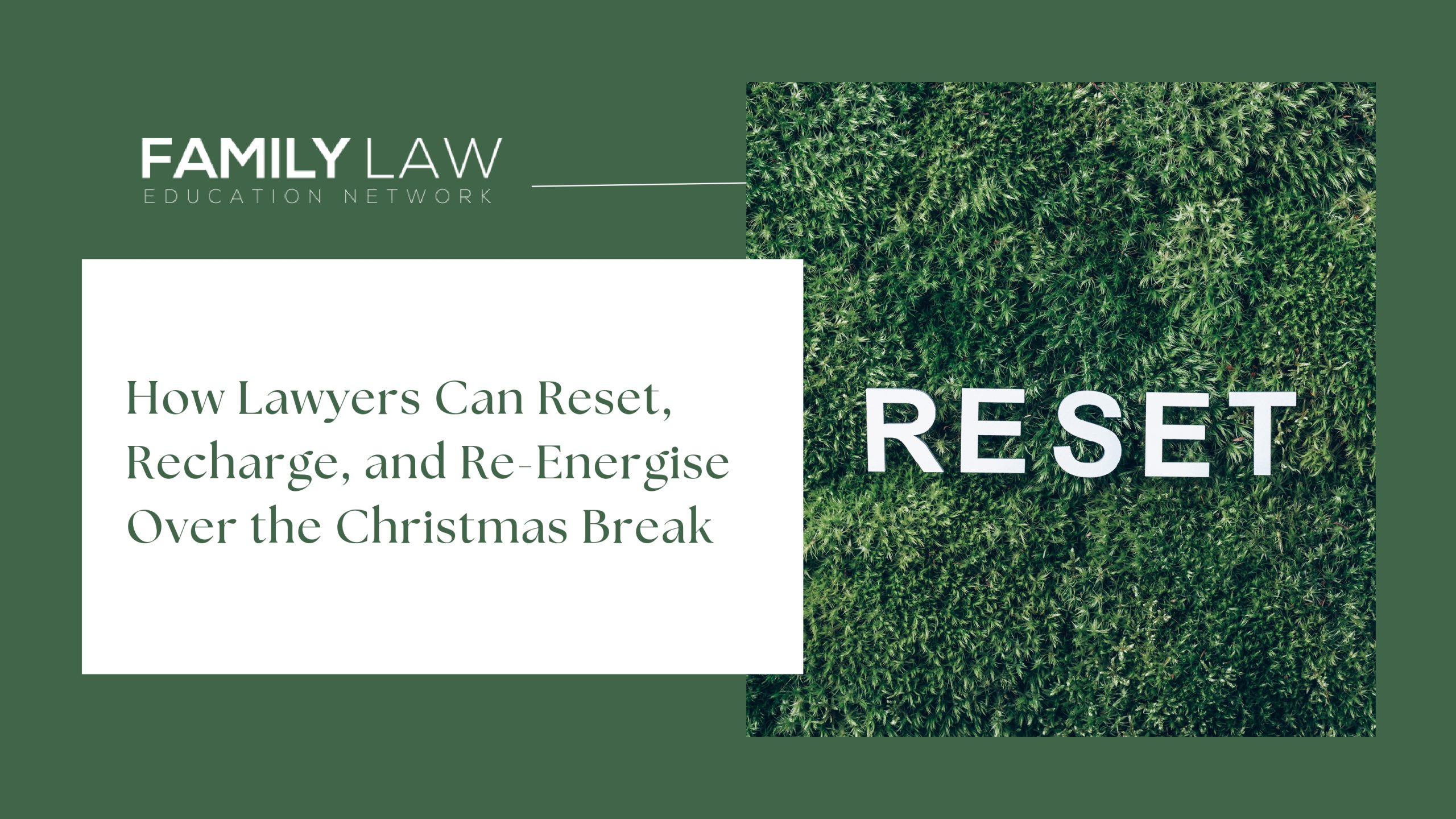
In September 2021 we were thrust into a new world order in Family Law, in the midst of a lockdown we saw a major overhaul of the rules and regulations governing Family Law, including the renewed focus on the Court’s ability to make Orders for costs where parties do not comply with Orders of the Court or the rules.
Nearly three (3) years since the changes we have seen the inclusion of the new Defaulters List in the Central Practice Direction and a continued focus on ensuring parties are in compliance. This month we have reviewed recent judgements, and it is clear that the Court is holding parties, and solicitors, to account.
Silence is golden, or is it?
Does failing to engage in proceedings mean that you are immune from a cost order; the matter of Latrell & Latrell [2024] FedCFamCIF 211 would indicate not.
In Latrell the Court made Orders for costs on an indemnity basis in favour of Applicant Wife where the Respondent Husband’s conduct in the proceedings cause the wife extraordinary costs. The Court summarised the Husband’s conduct, or rather lack thereof at 228 stating he had not “fully participated in these proceedings. He had not made full, proper or any reasonable disclosure. He has not cooperated in obtaining valuations. He has not filed responsive documents. As such, the wife has been obliged to go to extraordinary lengths to obtain evidence to support her application”.
The failure of the Husband to engage resulted in a cost order against him to the sum of $108,500, deducted from the Husband’s share of proceeds of sale of a property.
The indulgence of time…
Thinking of asking for the Court for additional time to file, seeking such an indulgence may land your client on the wrong side of a cost order.
In Gin & Hing (No 10) [2024] FedCFamCIF 230 saw a Husband fail to comply with filing orders and seek from the Court an extension for the filing of material. The Court granted the extension however made Orders for the Wife’s cost for the lost day (to the sum of $9,000) in circumstances where she had complied with the filing requirements.
In the matter of Simek & Jarros [2024] FedCFamCIF 128 Justice Jarret went a step further when an Applicant failed to file material, throwing out the application and making a Cost order as agreed or assessed in favour of the Respondent.
Filing material for the sake of filing material
Unlike the previous matters, Beckwith & Dass (No 2) [2024] FedCFamCIF 177 reflects on circumstances where a party did file material however it was substantial and described by Berman J at 54 as “unwieldy, verbose and comprising substantial annexures which were of little assistance”.
At 59 Berman J provided a stark reminder that “A party to litigation must carefully consider whether the evidence that is to be presented has the capacity to provide support for the orders sought. In the present case, the respondent’s case was forlorn of hope but with a further exacerbating aspect that alleged the applicant had committed significant sexual and physical assault upon the respondent and presented as an unacceptable risk to the children.”
In this matter costs were ordered against the Respondent mother for the 4-day hearing only.
Finally, the matter of Franco & Daley (No 3) [2024] FedCFamCIF 122 the Court ordered the Respondent Mother pay the Applicant Grandmother 60% of her legal costs and the Respondent Father legal 70% of his costs, a total of just over $340,000.
The punitive nature of these costs Orders is indicative of the Respondent Mother’s conduct in the proceedings which was described by the Court as argumentative and voluminous. The Court pointed out that the Respondent Mother had during proceedings, filed 11 Applications in Proceedings and 1 Contravention Application, made a number of false allegations that impacted on the Respondent Father’s employment, failed to comply with Court Orders and refused multiple genuine offers of compromise.
These matters are a stark reminder that material should not filed in the hope that “something sticks”.
The takeaway
The overarching principle and the Court’s need to ensure that parties comply with their requirements is evident in the running of these matters.
We anticipate with the implementation of the Defaulters List, which was established to deal solely with parties who are in default of Orders, that we may see an increase in the Court exercises its rights, pursuant to s.117 of the Family Law Act (CTH) 1975.
What are we doing at FLENA to support you
The team at FLENA are always working on producing useful precedents, keep your eye out for the new precedent for Defaulters list Submissions.





